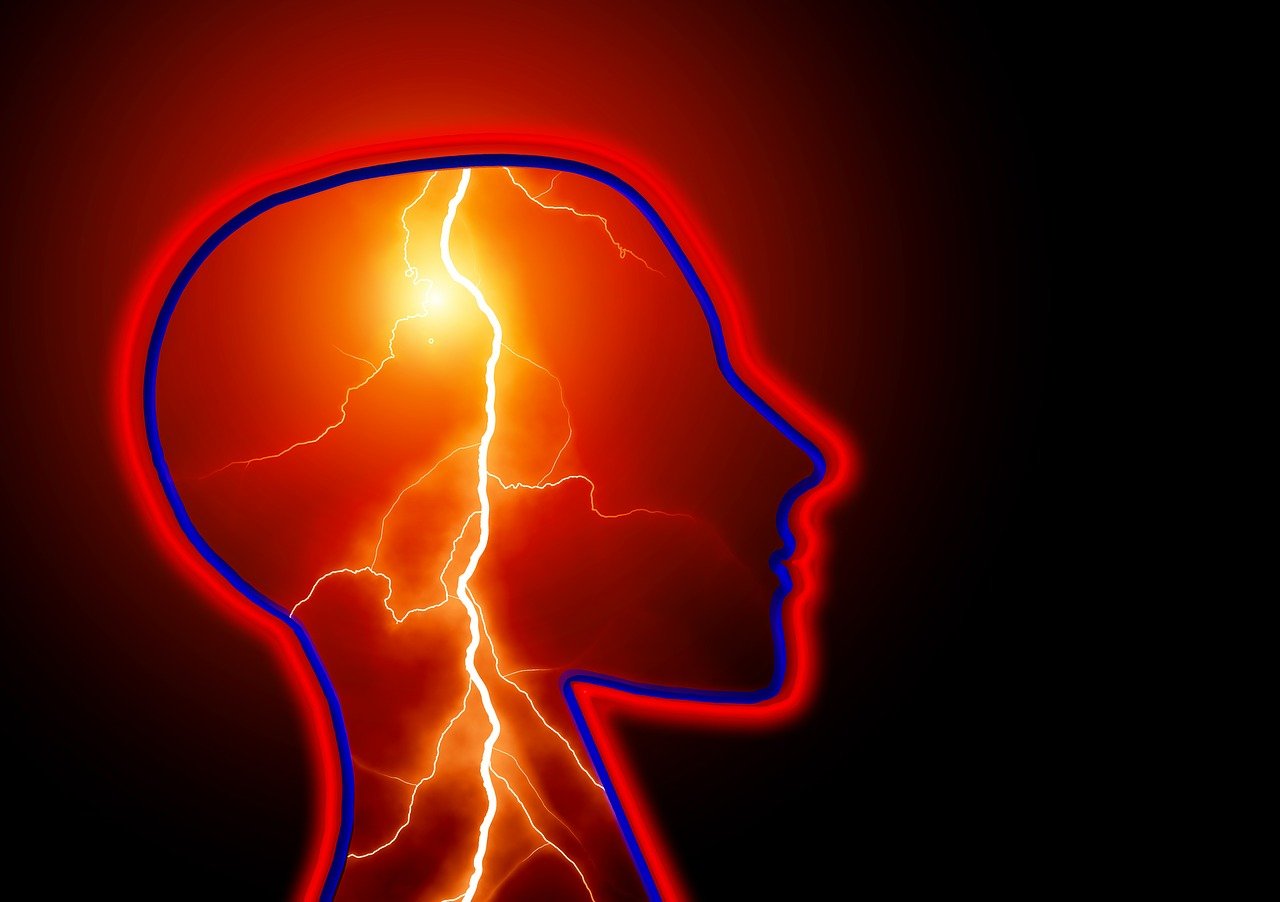New Delhi, 02 December 2024: Epilepsy, a neurological disorder characterized by recurrent seizures, affects millions worldwide. While the condition can be life-altering, experts stress that early diagnosis and proper treatment can enable up to 70% of patients to lead normal lives. This optimistic perspective offers hope to individuals and families affected by epilepsy, highlighting the critical role of timely intervention and comprehensive care.
Understanding Epilepsy: A Global Health Concern
Epilepsy is one of the most common neurological disorders, impacting approximately 50 million people globally, according to the World Health Organization (WHO). The condition arises due to abnormal electrical activity in the brain, leading to seizures that can vary in intensity, frequency, and duration.
Seizures are categorized into two main types:
Generalized Seizures: Affect the entire brain and may result in convulsions or loss of consciousness.
Focal Seizures: Limited to specific brain areas, often causing sensory or motor disturbances.
Beyond physical symptoms, epilepsy can lead to emotional, social, and economic challenges, making early management vital for improved quality of life.
The Role of Early Diagnosis
Experts emphasize that early diagnosis is crucial in managing epilepsy effectively. Recognizing the condition at an early stage allows for timely medical intervention, which can prevent the progression of symptoms and minimize complications.
Common Signs of Epilepsy:
Sudden, recurrent episodes of staring or unresponsiveness.
Muscle stiffness, jerking movements, or convulsions.
Temporary confusion or disorientation post-seizure.
Repetitive movements or unusual sensations, such as tingling or flashing lights.
These signs should prompt individuals to seek medical evaluation, which may include neurological exams, brain imaging, and electroencephalograms (EEG) to assess abnormal brain activity.
Advances in Epilepsy Treatment
With advancements in medical science, epilepsy is increasingly manageable. Experts estimate that 70% of epilepsy patients can achieve seizure-free lives through a combination of treatments, which may include:
Medications:
Anti-epileptic drugs (AEDs) are the cornerstone of epilepsy treatment. With over 20 medications available, doctors tailor prescriptions to the type and severity of seizures, ensuring optimal control with minimal side effects.
Surgical Interventions:
For patients unresponsive to medication, surgical options such as removing the seizure-causing brain area or implanting devices like vagus nerve stimulators can be effective.
Dietary Therapy:
The ketogenic diet, a high-fat, low-carbohydrate eating plan, has shown promise in controlling seizures, especially in children with drug-resistant epilepsy.
Lifestyle Modifications:
Managing epilepsy often involves identifying and avoiding triggers such as sleep deprivation, stress, and certain medications. Regular exercise, a balanced diet, and consistent sleep patterns can complement medical treatment.
Barriers to Effective Management
Despite the availability of treatments, several barriers prevent epilepsy patients from accessing care.
Stigma and Awareness:
Epilepsy remains misunderstood in many communities, with myths and stigma discouraging individuals from seeking timely diagnosis and treatment.
Limited Access to Healthcare:
In low-income countries, 75% of people with epilepsy do not receive adequate care, often due to a lack of medical facilities or trained professionals.
Economic Challenges:
The cost of medications and diagnostic tests can be prohibitive for many families, particularly in underprivileged regions.
Empowering Patients Through Awareness
Public awareness campaigns play a pivotal role in bridging the treatment gap. Governments, healthcare organizations, and advocacy groups are working together to educate communities about epilepsy, debunk myths, and emphasize the importance of medical care.
Key Messages for Awareness:
Epilepsy is a treatable condition.
Early diagnosis and treatment can prevent long-term complications.
Individuals with epilepsy can lead fulfilling lives with proper management.
Improving Quality of Life for Epilepsy Patients
Beyond seizure control, a holistic approach to epilepsy management includes addressing the psychological and social aspects of the condition. Counseling, support groups, and educational initiatives can help patients and their families navigate the challenges of living with epilepsy.
Technology’s Role in Epilepsy Care:
Innovations like wearable seizure monitors, telemedicine consultations, and AI-based diagnostic tools are transforming epilepsy care, making it more accessible and efficient.
Epilepsy, while challenging, is far from insurmountable. With early diagnosis and effective treatment, a majority of patients can achieve significant seizure control, enabling them to live normal, productive lives. Breaking down barriers to care and combating stigma remain critical to achieving this goal.







